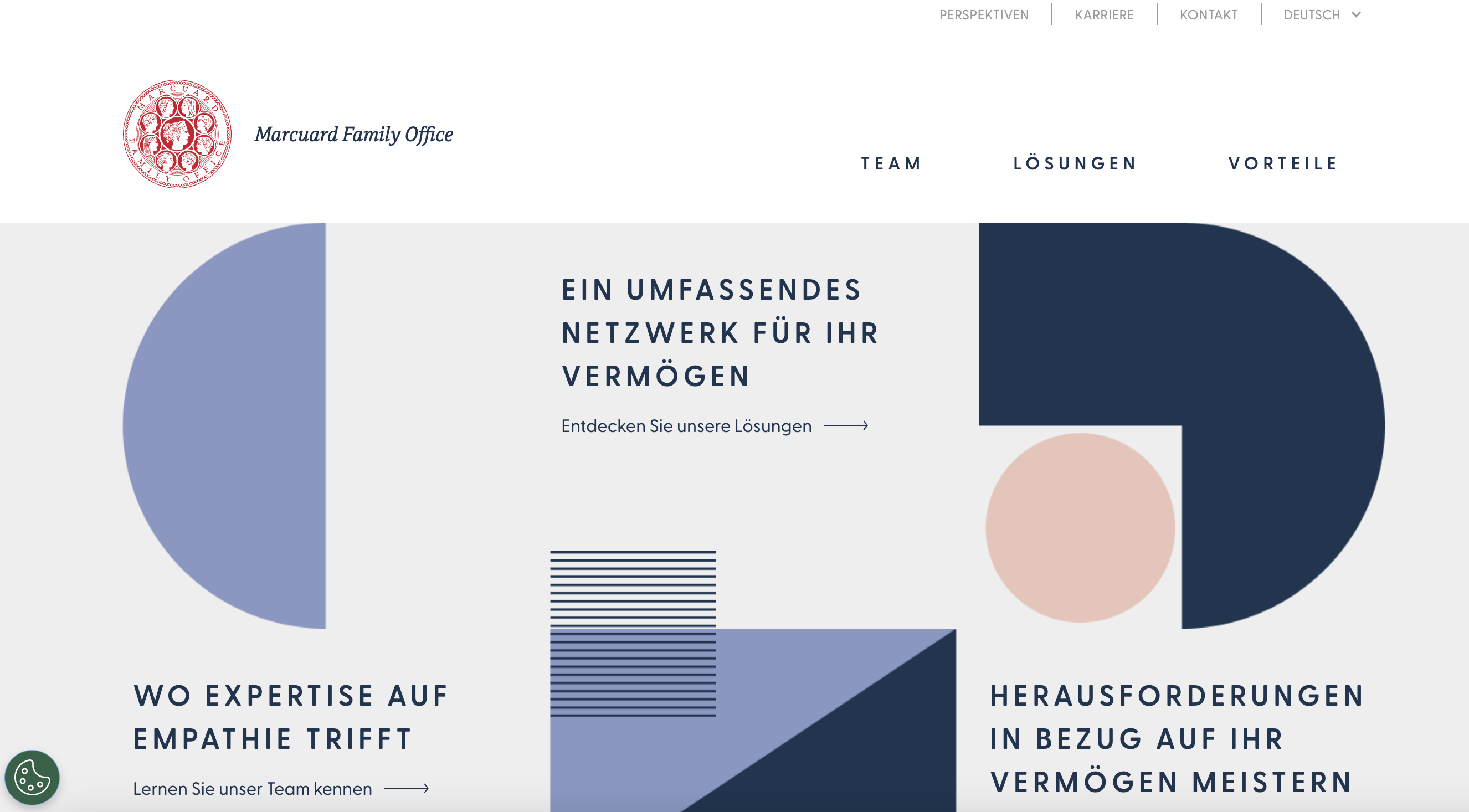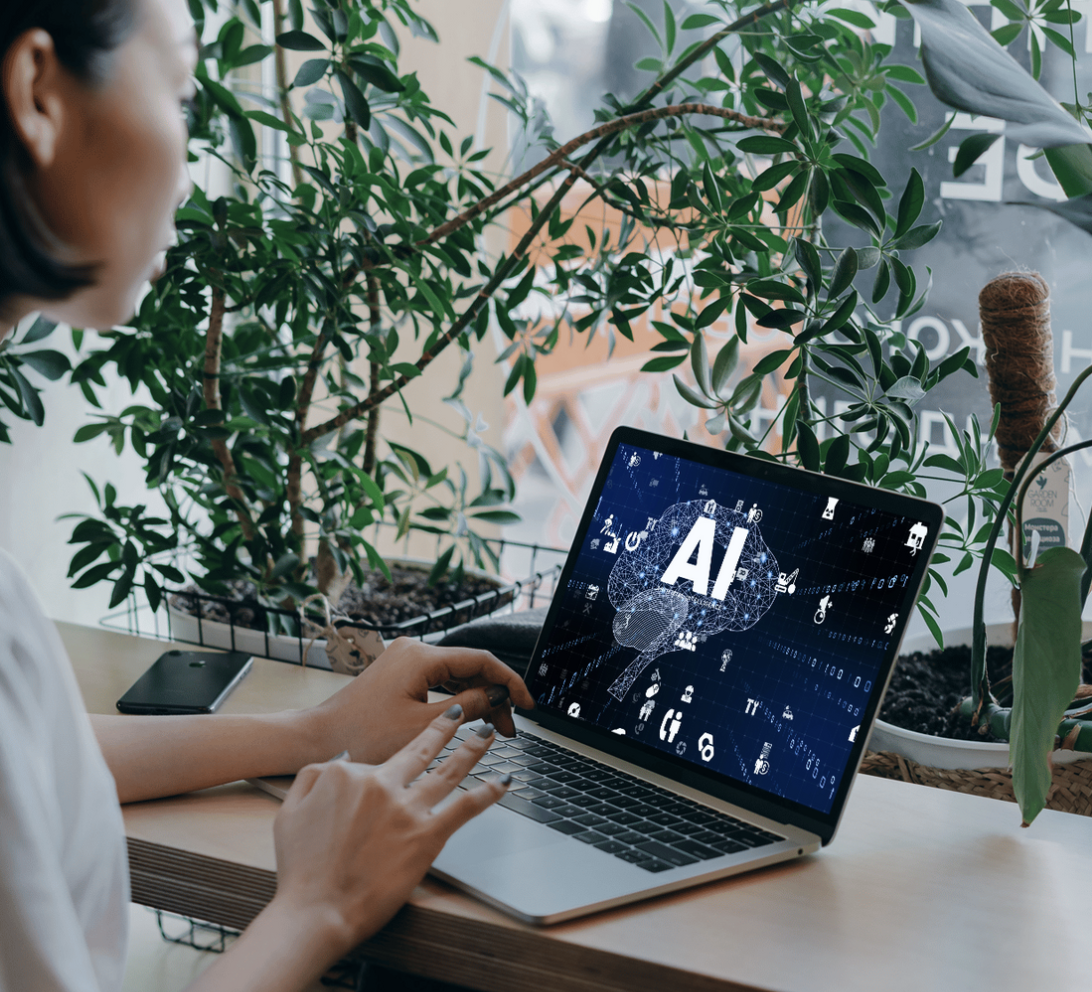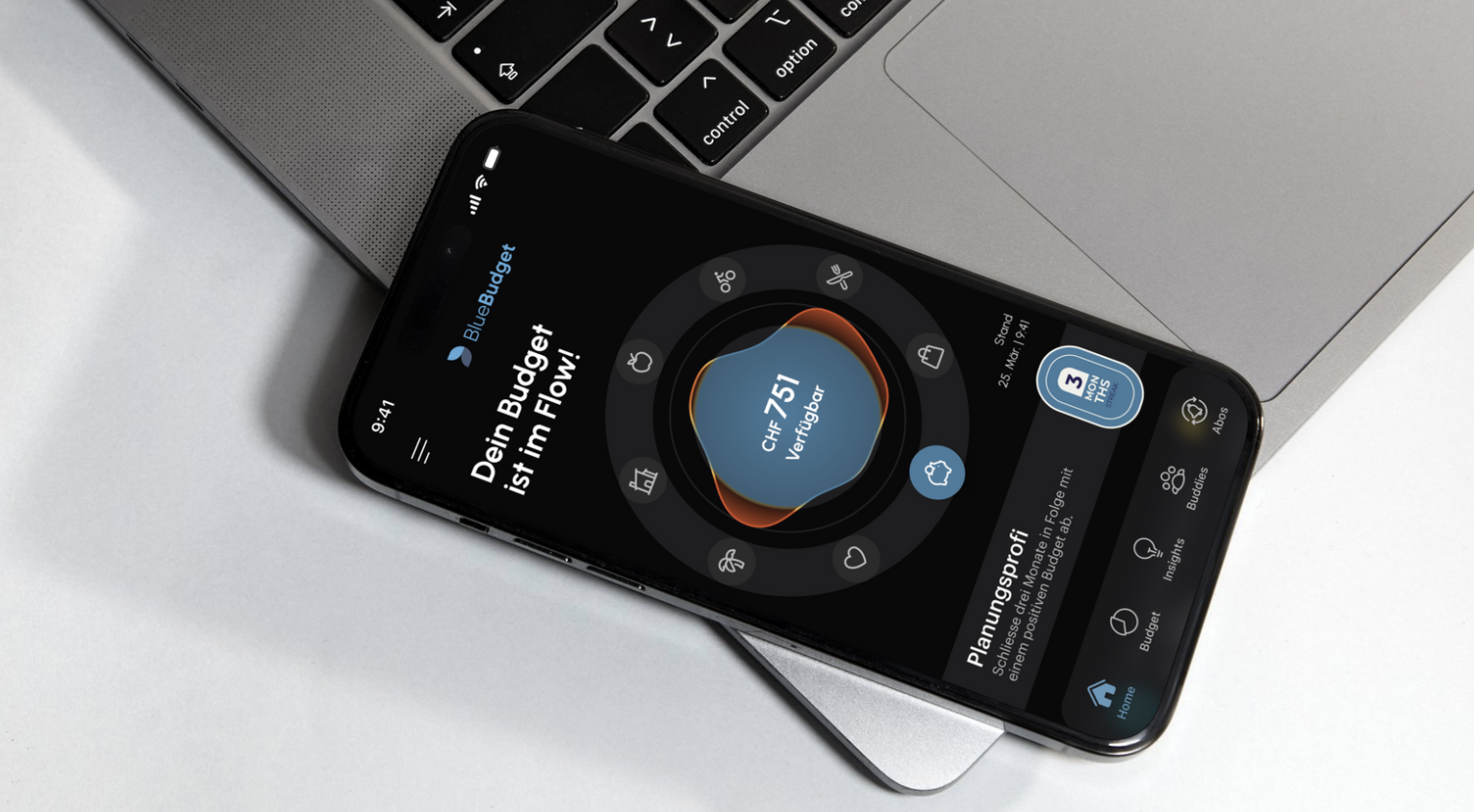The Future is Now: How VR is Changing the Way We Live and Work

Virtual reality (VR) is a technology that allows users to experience and interact with a simulated environment in a way that feels real. VR can be accessed through devices such as VR headsets and haptic gloves, and is being used in a variety of industries, including gaming, entertainment, healthcare, and education.
One of the main ways that VR is changing the way we live is by providing new and immersive entertainment experiences. For example, VR gaming allows players to fully immerse themselves in a virtual world and interact with it in a way that is not possible with traditional gaming systems. VR is also being used in the film and television industry to create more interactive and engaging viewing experiences.
In addition to entertainment, VR is being used in a variety of industries to improve training and education. For example, VR simulations can be used to train healthcare professionals in a safe and controlled environment, or to teach students about complex concepts in a more interactive and engaging way. VR is also being used in the workplace to facilitate remote collaboration and meetings, allowing employees to work together in a virtual environment as if they were in the same physical location.
The potential applications for VR are virtually endless, and it is clear that this technology is here to stay. As VR continues to evolve and improve, we can expect to see it being used in even more industries and applications in the future.
As you can see, the potential applications for VR are vast and varied, and we are excited to see what the future holds for this technology. If you have a project or idea that you think could benefit from VR, we would love to hear from you. At Pixel Plus, we specialize in VR, as well as Web3, AR, and API technologies. Contact us to learn more about how we can help bring your vision to life.


